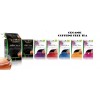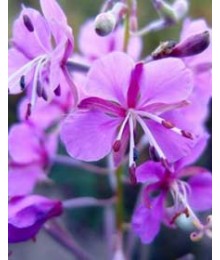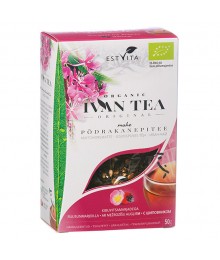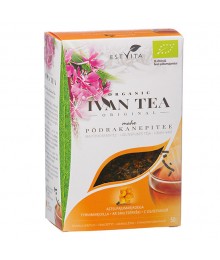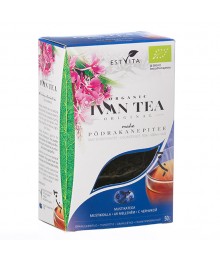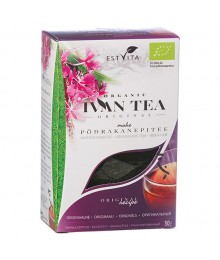Your shopping cart is empty!
Pumpkin Seed Oil benefits
Information can be found by searching the internet and on this website which relates to the positive effects of Pumpkin Seed Oil and or Seeds on:
Prostate Function
Cholesterol Lowering
Cystitus Treatment
Kidney Function
Anti Arthritic
Diabetes
Anti Parasitic
Increasing mothers milk production
Skin Care
The pumpkin seed oil nutrient mix focus is predominantly on the reproductive and urinary tract area of the body. Studies are constantly being done in relation to these nutrients having beneficial effects on BPH - Benign Prostatic Hypertrophy or enlarged prostate (see our testimonial). The fatty acid and plant sterol content of pumpkin seed oil might account for the improved function of the bladder and urethra, which may account for BPH symptom relief.
The nutrients in pumpkin seed oil affect kidney stone formation by reducing levels of substances that promote stone formation and increasing levels of compounds that inhibit stone formation. Pumpkin seeds in history have commonly been used to treat a variety of kidney problems as well urinary problems, gastritis and the expelling of tapeworms and roundworms.
The lubricating effects of the essential fatty acids and antioxidant content are the likely reason relief is found by arthritis sufferers. These same nutrients are also lower the overall blood cholesterol content by lowering LDL (bad cholesterol) levels and increasing HDL (good cholesterol) levels. The antioxidants in the forms of Vitamin A and E are also useful in maintaining skin health.
The essential fatty acids, rich antioxidant content and synergistic effects of other minor components is the likely reason some people experience positive affects of eating pumpkin seed oil and pumpkin seeds. Australian Pumpkin Seed Company products are not designed or implied to cure any disease or illness but can act as an aid to dietary deficiency where one exists.
Pumpkin seed, or pepita, oil has several health benefits. A 2008 study published in the journal “Phytotherapy Research” revealed that supplementing with the oil can lower both cholesterol and blood pressure thanks to its phytoestrogens and phytosterols, for example. The oil also is a rich source of omega-6 fatty acids and vitamins E and K.
Omega-6 Fatty Acids
Pumpkin seed oil contains linoleic acid, an omega-6 fatty essential fatty acid. The omega-6 fatty acids are crucial for normal growth and development and for brain function, and they help to stimulate hair and skin growth, regulate metabolism, and maintain bone health and the reproductive system, according to the University of Maryland (UM) Medical Center.
Phytosterols
The phytosterols in pumpkin seed oil can help to lower blood cholesterol. Phytosterols work by interfering with cholesterol absorption in the intestines, according to the British Journal of Nutrition.
Vitamin E
The tocopherol in pumpkin seed oil is a powerful antioxidant, also known as vitamin E. This helps the body use vitamin K. It also has a role in the formation of red blood cells, according to the UM Medical Center.
You Might Also Like
What Are the Dangers of Pumpkin Seed Oil? Uses for Pumpkin Seed Oil Pumpkin Seed Benefits 8 Foods You Should Avoid Simple Homemade Weight Loss Cleanse Flaxseed & Blood Sugar Health Benefits of Pepitas Pumpkin Seeds Black Currant Seed Oil vs. Borage How to Cook With Flax Oil What Are the Benefits of Alpha Linolenic Acid? Bad Side Effects of Flaxseed Coconut Oil vs. Fish Oil Flaxseed Oil & Diarrhea What Is the Difference Between Olive Oil & Sunflower Oil? What Are the Benefits of Cranberry Seed Oil? The Benefits of Pumpkin
Vitamin K
Pumpkin seed oil is a source of vitamin K. This vitamin can help promote strong bones in elderly people. It’s needed by everyone, reveals the UM Medical Center, because blood would not stick together, or coagulate, without it.
Phytoestrogens
The oil of pumpkin seeds is a rich source of phytoestrogens, a property that helped lower to lower systolic and diastolic blood pressures in rats during a 12-week study on pumpkin seed oil supplementation, according to M. Gossell-Williams, who authored the 2008 study published in “Phytotherapy Research.”
Sponsored Links

